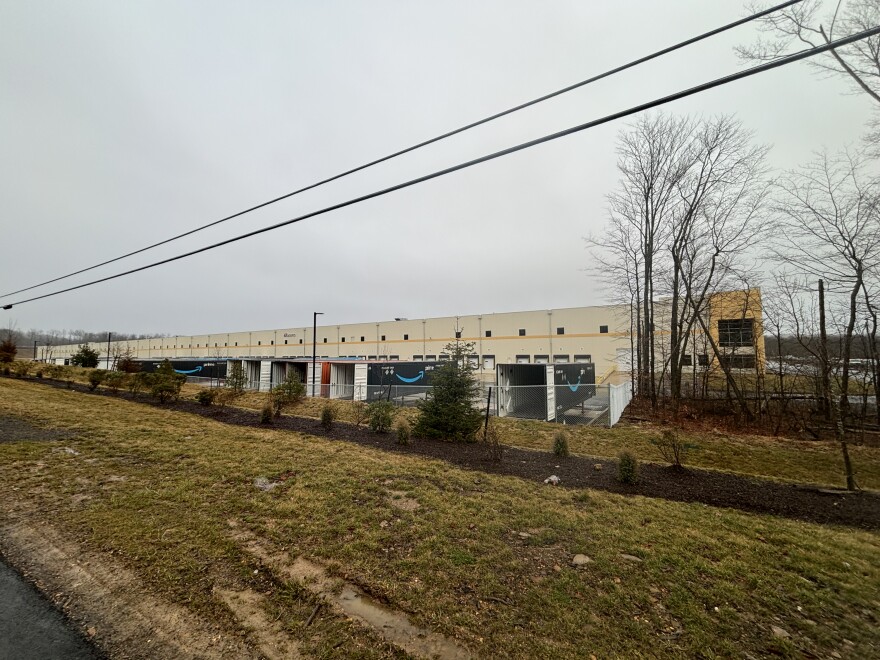The Kidder Township supervisors let a major Poconos developer build a truck terminal without a key requirement.
Blue Ridge Real Estate didn't have to submit an environmental impact statement because the supervisors waived the requirement.
Blue Ridge owns several resorts, recreational facilities and truck terminals in Kidder Township. The supervisors waived the requirement for the company's first terminal in 2019. Waivers are allowed under the township's zoning ordinance.
The statements require developers to assess potential environmental and come up with ways to mitigate the damage. That terminal is at 880 State Route 940 in Lake Harmony, Pennsylvania.
Residents fear the terminal pollutes bordering Black Creek, which the state Department of Environmental Protection considers g high quality stream. With no impact statement, Blue Ridge did not need to prove in writing that it would not pollute the stream.

Black Creek flows into the Tobyhanna Watershed, which flows into the Lehigh River. American Waters, a national river advocacy organization, rated the Lehigh as the nation’s seventh most endangered stream in 2023. They blame poor warehouse and truck terminal planning for polluting the river. PennFuture, an environmental advocacy group, nominated the river for endangered status.
Projects from the Poconos harm communities downstream, said American Waters’s Lia Mastropolo, director of clean water supply.
“From a watershed planning perspective, headwater development tends to be really damaging because those are smaller streams that are less resilient to land cover change, basically,” Mastropolo said. “And as you sort of chip away at the headwaters places, that has big impacts on the downstream parts of the river.”
Replacing forests with pavement creates more runoff for nearby streams, Mastropolo said. Concrete does not absorb water the way grass and soil do.
“And when you have this happening in a small watershed [like the Tobyhanna] system…you get to have a lot more of that paved area. The change to the hydrologic cycle just sort of becomes too much for the river to rebound from,” Mastropolo said.
Kidder Twp. Supervisors chairman Raymond Gluck could not explain why the board of supervisors waived the requirement. Gluck said he he was not a supervisor at the time.


